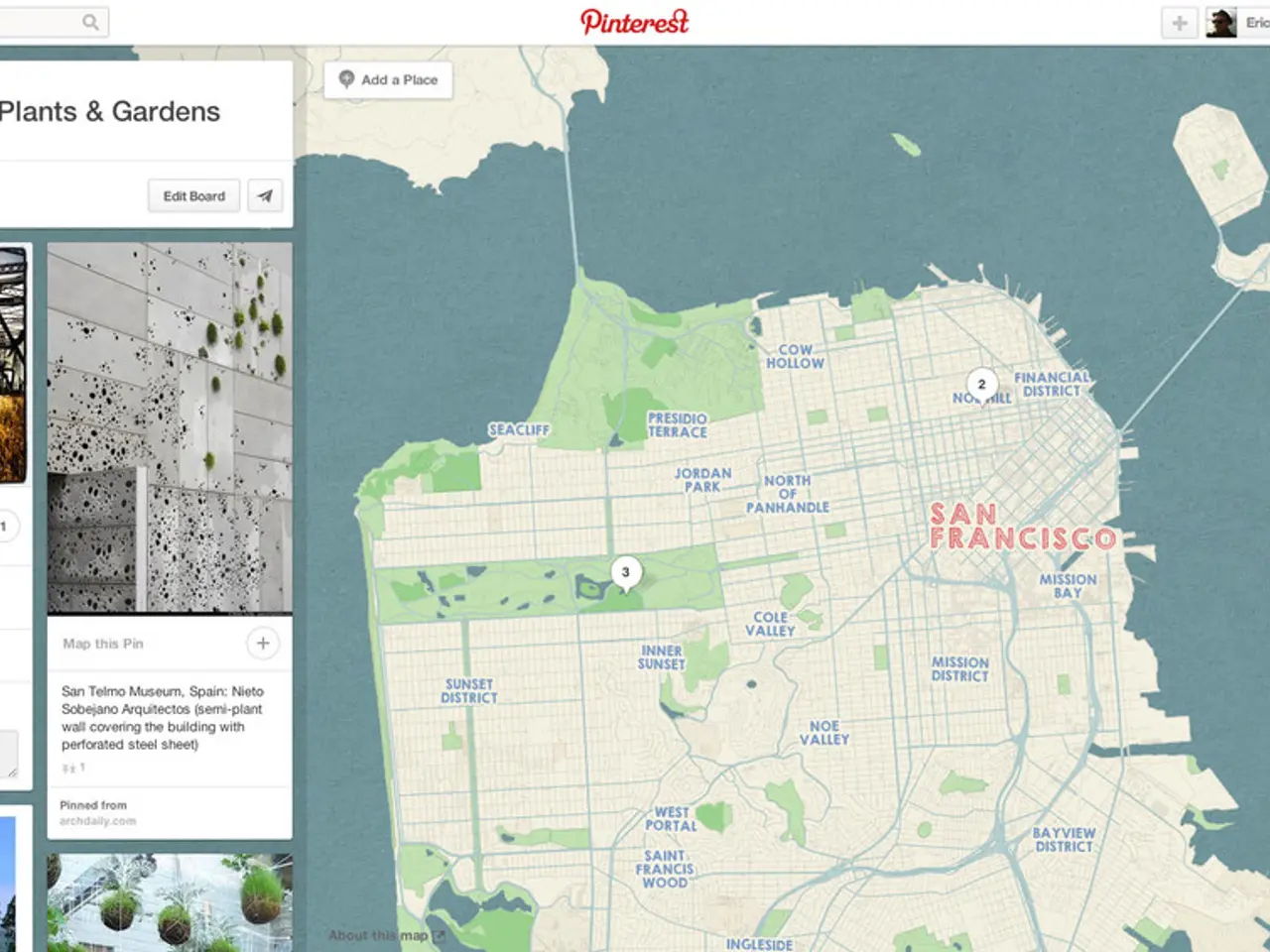International Political Shifts Representing Potential Advantages for Europe
In the ever-evolving world of international politics, Europe finds itself navigating a complex and dynamic landscape in its neighbourhood. The continent is grappling with changes in power dynamics, shifting alliances, and the rise of new players, while dealing with its own internal challenges.
France, traditionally a significant player in Africa, has faced criticism for its approach under President Emmanuel Macron, with some arguing that arrogance has led to a loss of influence. On the other hand, Turkey, Israel, and the Gulf Cooperation Council (GCC) countries have largely aligned interests with Europe, offering potential lessons in investment and free trade policies in Africa.
The Middle East and Eastern Mediterranean region is witnessing a power shift, with Turkey and Israel emerging as the main strongholds. Turkey, as a regional power, is gaining influence in the region, particularly with Azerbaijan, in politics, energy, technology, and the military. The regime in Iran, facing internal crisis and supporting terrorism, is weakening, further altering the regional balance.
China's increased interest in these regions is a cause for concern, as it does not align with Europe's interests. Meanwhile, Russia is losing its grip on some former members of the Soviet Union, particularly in the Caucasus, the Caspian basin, and Central Asia.
Europe's political leadership is facing criticism for neglecting neighbourhood policies and failing to establish strategic goals beyond catchphrases such as "promoting democracy" and "inclusion." Pragmatism is needed in relations with Turkey, Jerusalem, and Saudi Arabia, without criticizing their internal policies.
The situation in Syria is of particular interest, with Ankara expressing a preference for a robust centralized state, avoiding wide autonomy or independence of the Kurdish region in the north. Jerusalem, meanwhile, is likely to establish special relations with the Kurdish region, preferring a weak Damascus.
To counter these changes and strengthen its positions, Europe should reestablish working relationships with Turkey and Israel, learning from past amicable and constructive relations between the two. Potential allies for Europe in this realignment of foreign policy include Ukraine, given its strategic importance and Western support, as well as countries in the European Political Community excluding Russia and Belarus. Cooperation with NATO members and regional neighbours like the Visegrad states, Romania, and Bulgaria is also significant.
However, Europe's success in this endeavour depends on less protectionism and fewer bureaucratic barriers, fostering an environment conducive to Africa's development, European peace, business, and economy. The continent must learn from the investment and free trade policies of Turkey, Israel, and GCC countries in Africa to ensure a prosperous and secure future for all.
In conclusion, Europe finds itself at a crossroads, facing a complex and rapidly changing geopolitical landscape. To navigate these challenges, pragmatism, cooperation, and a willingness to learn from others are key. The future of Europe's neighbourhood will be shaped by the decisions made today.
Read also:
- Impact of Alcohol on the Human Body: Nine Aspects of Health Alteration Due to Alcohol Consumption
- Understanding the Concept of Obesity
- Lu Shiow-yen's Challenging Position as Chair of the Chinese Nationalist Party (KMT) Under Scrutiny in Donovan's Analysis
- Tough choices on August 13, 2025 for those born under Aquarius? Consider the advantages and disadvantages to gain guidance








